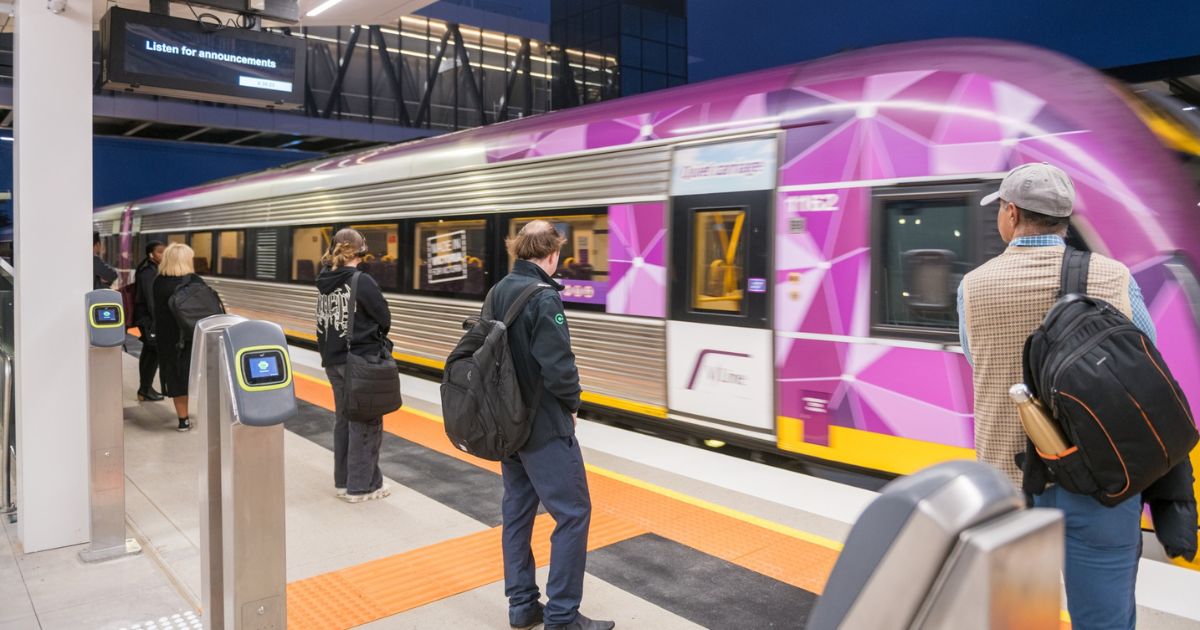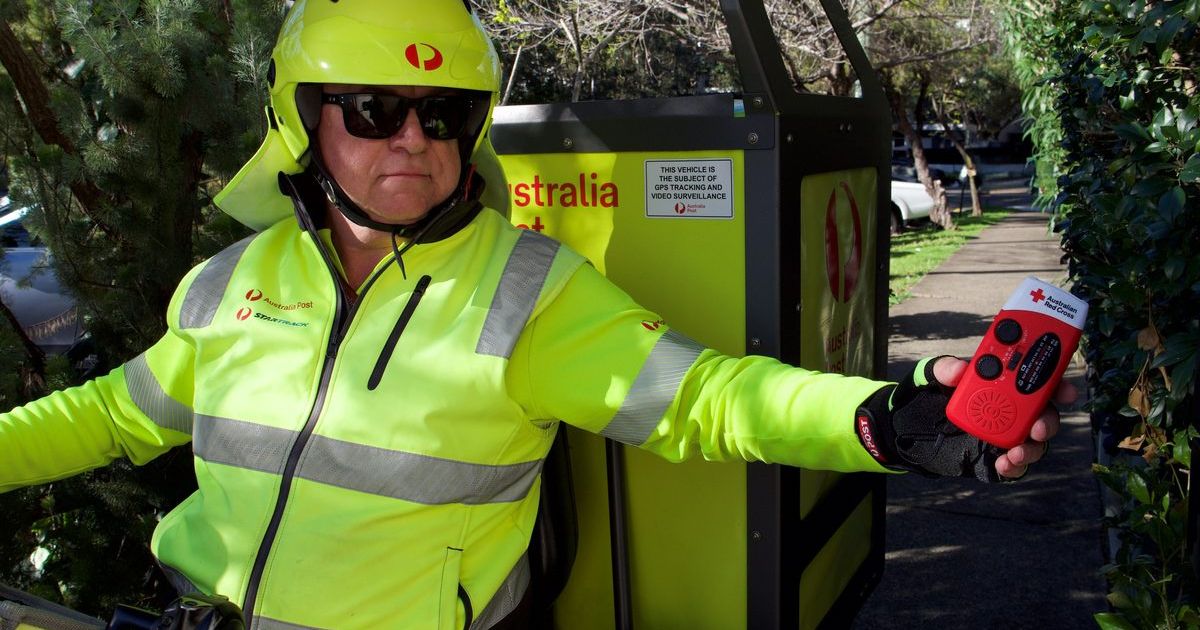Regions hit by rental affordability crisis

Nurturing: Anglicare Victoria provides out-of-home care for young people and alternative housing for those struggling with living at home. Photo: JONATHON MAGRATH
MORE federal assistance for young people is required to combat youth homelessness, according to Anglicare Victoria.
Statistics from national campaign to end homelessness, Everybody’s Home, revealed Northern Victoria has experienced a 1.3 per cent increase in the cost of rental houses since March, and a 6.8 per cent increase over the past year.
Program manager at Anglicare Victoria Amy Youl said a recent rental snapshot of the state in March showed there are a number of factors contributing to the rental affordability crisis.
“Only two per cent of the listings were suitable for households on some kind of income support without placing them under some kind of household stress,” she said.
“One of the particular stress points for regional Victoria is that given the lockdowns and the new appetite for people being able to work from home, city dwellers are running for the hills.
“They are taking up occupancy in regional Victoria and loving that opportunity but unfortunately that’s monopolising rental properties in the area and contributing to a rise in rental affordability.”
Young people have been hit hard by rising rental prices and make up to 24 per cent of the national homeless population, according to the Australian Bureau of Statistics.
Ms Youl said the Federal Government must do more to support young Australians looking for places to live.
“I think it’s really important that rent assistance and other financial support are increased for young people,” she said.
“People may have been able to pick up casual or part time positions which then takes them out of that statistic of youth unemployment, but that’s not accurate in really demonstrating that those people don’t have enough money to afford a private rental.”
“On the day we did the snapshot there were very few properties that were appropriate for single people and only 0.2 per cent of the listings available were suitable for couples on job keeper if they had children.”
According to Anglicare, landlords in regional towns are turning to short-term house sharing websites for income, rather than long-term leases.
“A landlord could have their house leased through something like AirBnb for half the time and make more money than having somebody in for a 12-month lease,” she said.
“We’re seeing significant numbers of landlords turning to things like AirBnb or Stayz to supplement their income and that’s resulting in those homes that were available for rent no longer being available.”
She also said while a rise in undeveloped coming onto the market and sold to developers quicker, a lack of surrounding infrastructure can deter potential long-term tenants.
“For something like a short term stay it doesn’t really matter if there’s not a school or appropriate roads and traffic signals nearby, because people are there for a short while and they kind of make do,” she said.
“To set up a household and actually become a member of a community you need the adequate community support to be available.”
Anglicare Victoria provides statutory out of home care for young people, family support including violence and alcohol support and financial counselling programs.


















